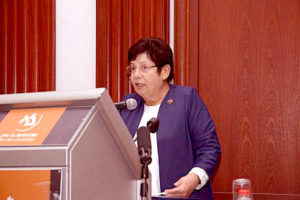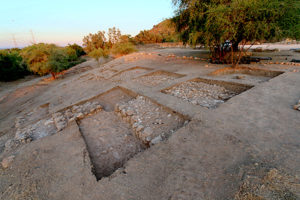Where did the universe come from? Physics Prof. Nathan Aviezer explores how creation ex nihilo is now accepted as scientific fact.

Prof. Nathan Aviezer
The first verse of the Torah states that the universe was created, presumably out of nothing. This statement was long considered a scientific impossibility because it contradicted the law of the conservation of matter and energy. According to this law of science, something cannot come out of nothing. Therefore, the Torah statement that the universe was created became an area of conflict between science and Torah.
This situation has now changed. The twentieth century has witnessed an explosion of scientific knowledge, especially in cosmology, the discipline that deals with the origin of the universe. Astronomers had long studied the heavenly bodies, charting their paths and determining their composition, spectrum, and other properties. But the origin of the heavenly bodies remained a complete mystery.
Important recent advances in cosmology have now permitted scientists to understand the origin of the universe. Today, an overwhelming body of scientific evidence supports the “big bang” theory of cosmology, and therefore, this theory is now accepted by all cosmologists.
The most surprising assertion of the big bang theory is that the universe was literally created from nothing. It is instructive to quote leading authorities.
Professor Paul Dirac, Nobel laureate from the University of Cambridge:
“It seems certain that there was a definite time of creation.”
Professor Alan Guth of the Massachusetts Institute of Technology:
“The instant of creation remains unexplained.”
Professor Joseph Silk of the University of California:
“The big bang is the modern version of creation.”
Professor Stephen Hawking of the University of Cambridge:
“The creation lies outside the scope of the known laws of physics.”
Today, every scientist speaks of the creation of the universe. The words of modern science are thus seen to be in exact agreement with the words of our Holy Torah.








